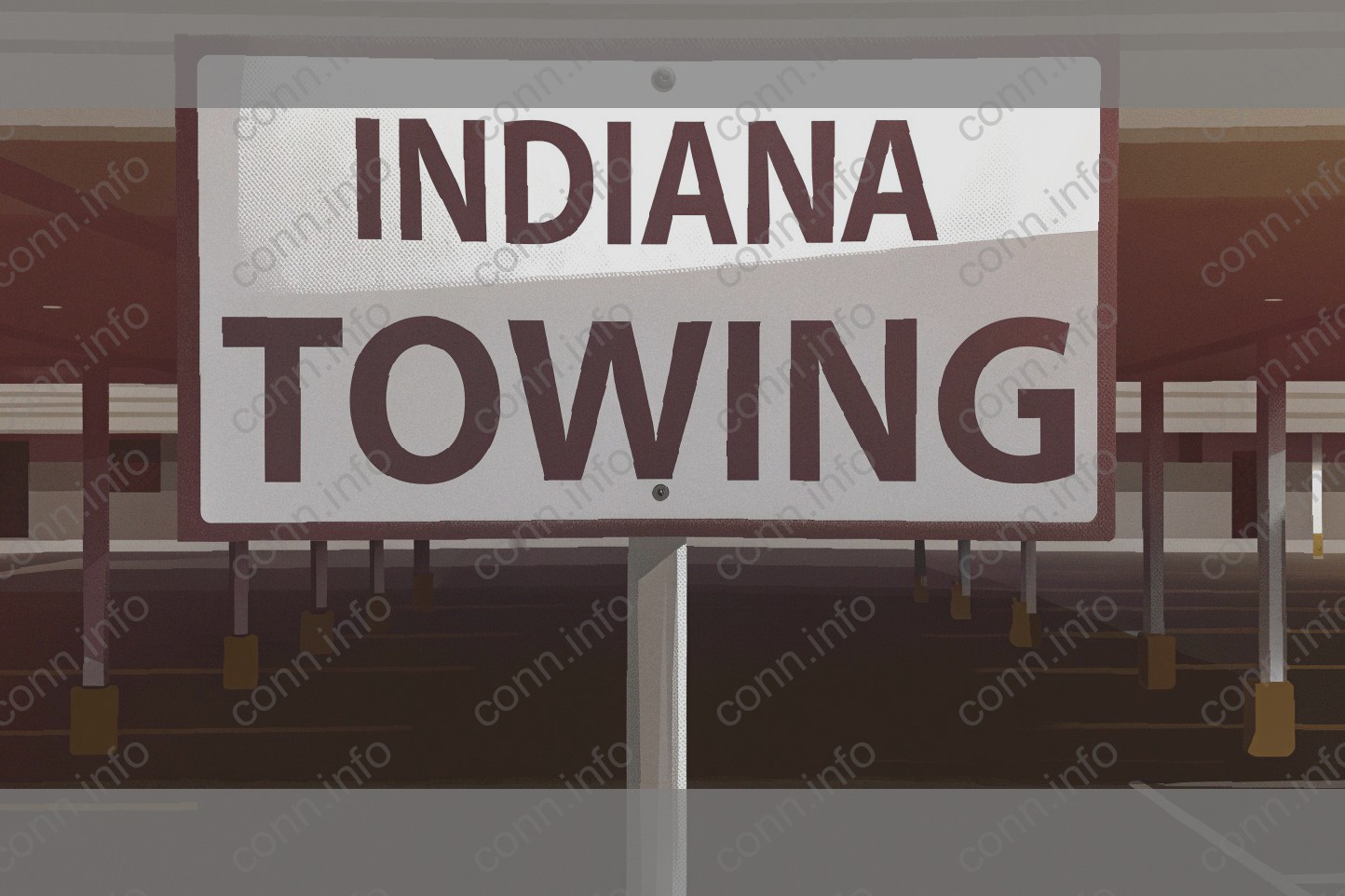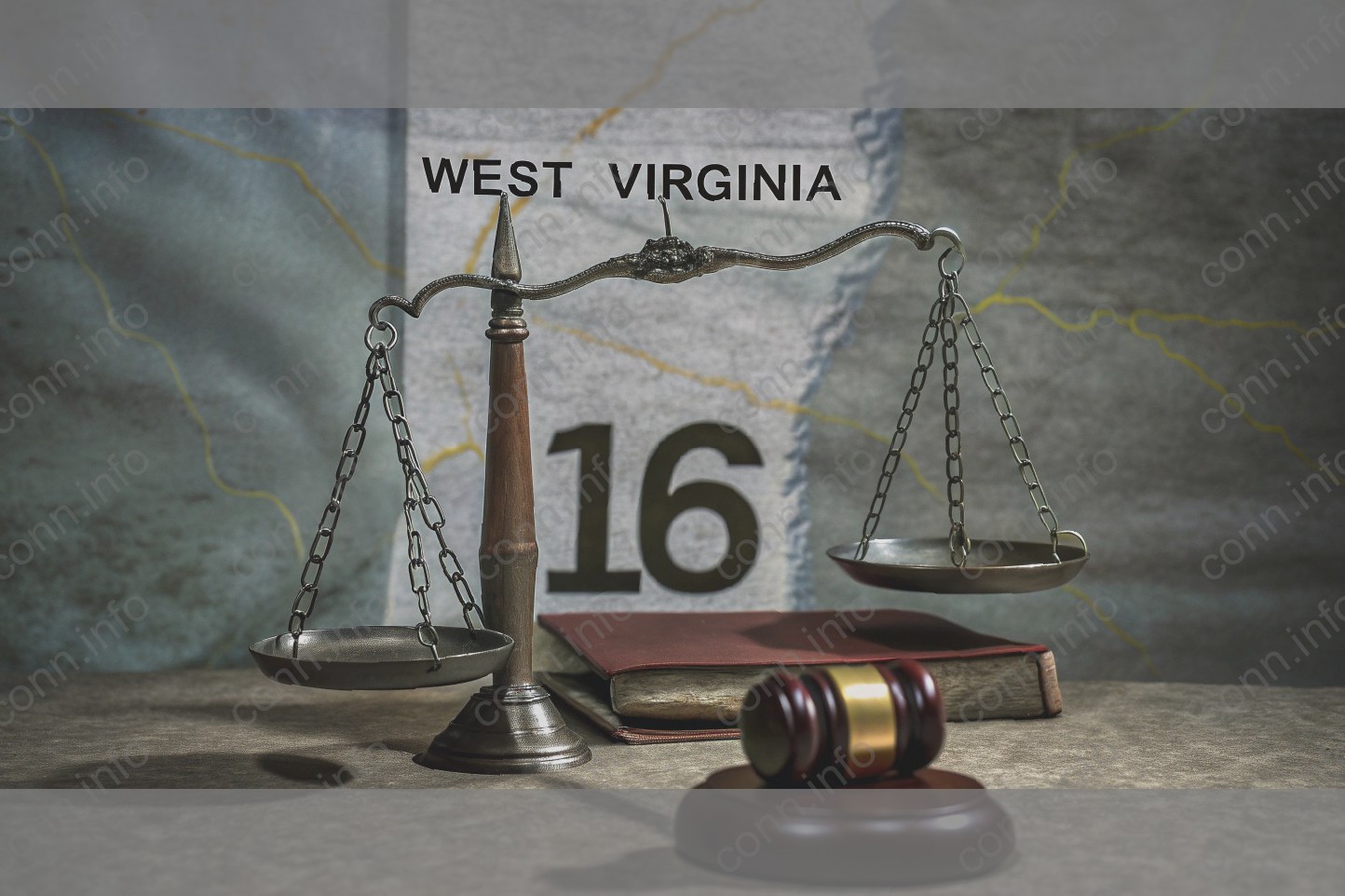A Brief Overview of Indiana Tow-In Regulations
Indiana has statutes regarding the removal of vehicles from private property. A law that was enacted in 2011, Indiana Code 9-30-3.5, covers the "Abatement and Tow Away of Vehicles from Private Property." As set forth in this law, there are certain parking criteria that must be followed. First, the sign must meet the size requirements set forth in the statute. The font on the sign must also meet the requirements. Since this is a state law, these non-compliances may result in no towing authority under the state law. Of course, as with any state law, affected private individuals and applicable law enforcement should address all state law requirements and follow them accordingly.
Additionally, many local city or county ordinances contain their own specific parking regulations that allow for the removal of vehicles from private property. There is usually some requirement that if the vehicle is located on a public road or street , the vehicle is subject to the ordinance of the local area. Also, many times if the car can be driven, the ordinance will require that the owner of the vehicle be provided at least 24-hour notice before the vehicle is towed. We recognize that these "local ordinances" essentially place a time limit on the removal of cars from private property and that it may become burdensome on the private landowner, under these ordinances, to meet the time requirement. However, as with the discussion of the state statute, just because a requirement exists doesn’t mean it should be ignored. If the time requirements are ignored, there is a chance the removal may be considered unlawful by a judge and the statute does not provide for any civil immunity. Thus, if you pick up a vehicle without the proper notice, you may be subject to liability. Why take that chance?

Private Lot Owner Rights
Private property owners in Indiana have several specific rights when it comes to the issue of vehicle towing. When you own a piece of property in this state, you generally have the right to choose what kind of activities you want on your land and which ones you would not like to have take place there. This is the case for instance whether you own a private shopping center and do not want people to park there without making a purchase, or if you are an apartment owner who decides that you do not want to permit people to park their cars in your parking lot without living there.
Essentially, then, a private property owner is free from interference from the government to control her land as she wishes, so long as the exercise of that control doesn’t involve oppressive governmental actions that are not in the interest of the citizens at large – this is common law. Where state law applies, you have the right to control the land as you see fit so long as you follow the laws set out by the legislatures of the state.
Under Indiana law, for instance, when a property owner allows a motor vehicle to be parked on his land, therefore granting the driver a license to use his property, unlicensed use of the land is otherwise considered to be trespassing. This can apply to private individuals, neighbors, or even utility and public service companies. The idea is that the parking of a motor vehicle in a lot is a license to park there, but if you walk away from your vehicle and allow someone else to park there, you lose that privilege.
This applies essentially to parking lots on private land, but may also apply to other situations as well, such as a private road or street that you own.
For the purposes of enforcement, you must obtain the following: a private property signs as proscribed by IC 9-21-16-3, or a permit to have searchable registration data kept in a county registry of long term tows under IC 9-21-16-5.5. These are the requirements for private property owners when it comes to vehicle towing on their lots.
Duties of Tow Company
The obligations of a towing company are different depending on the type of property it tows cars from. There are several categories of properties that are considered public and private and the rules for towing vary from property to property.
- Private Lot with No Restrictions. If a sign is posted, but there are no restrictions as to the number of spots available or who can park, the law is quite simple. Under Indiana Code 9-21-16-6, "A vehicle parked without payment in a controlled parking area that has been properly posted under section 12 of this chapter is subject to removal by a person without consent." IC 9-21-16-7 authorizes the towing of a car that is parked in a space that is properly designated as a "No Parking" space. If you were properly parked and the towing company removed your vehicle they are violating the law and the owner can pursue a legal remedy.
- Club Lot. Another category of private property is the club lot. Club lots have signs that read "club use only, no public parking." For a towing company to remove a vehicle from a lot that has a sign stating that it is for club use only, the driver of the vehicle parked on the lot must not be a member of the club. Therefore, in the event you parked in a spot where you had authority to park according to the club by-laws, the towing company will be prohibited from removing your vehicle. This raises a sub-issue regarding your ability to prove you were a member. It is important to keep a record of when you joined a club and how you can prove you are a current member. For some clubs and volunteer fire departments, it will be easy to prove membership; for others, it will be more difficult.
- Apartment Lot. Apartment lots fall within a similar category as a club lot. The apartment building is private property and for a towing company to remove a vehicle from an apartment property, a car must fail at least one of the following criteria: (1) the vehicle is parked in a fire lane; (2) the vehicle has no registration number; (3) the vehicle has no license plate; (4) the vehicle is parked for more than twenty-four (24) hours without the permission of the apartment manager; or (5) the vehicle is parked in a handicapped space without the required registration. The registration requirement is a distinction between an apartment and a club lot. The club lot only requires a person to be a member while the apartment lot requires a person to be a member and to have his or her vehicle registered with the apartment.
- School Lot. A school is a public entity, therefore a school lot is considered a public lot. A public lot can be towed at any time. The only rule that applies to public lots is that the lot must be properly posted. Proper posting means that the lot has been properly marked as a lot that permits the operator to tow a vehicle. 9-21-16-6(d) and (e) require most commercial lots to post one (1) sign for every two hundred fifty (250) feet of lot entrance, and in those lots that accommodate more than fifty (50) parking spaces (except those that have restricted parking) to post a sign in each parking space that designates the property as a location from which a vehicle may be towed.
Notification Process Prior to Towing
The law requires the property owner or authorized agent to either post signs on the property or serve advance written notice to a vehicle owner or operator of any orders or restrictions regarding that vehicle or an unattended vehicle which is improperly parked or an abandoned or junked vehicle. Specific requirements apply for signage on the property.
The cited statute provides that there must be at least one sign conspicuously posted at the entrance and one signed conspicuously posted at the rear of the lot. One or more signs are also required in other locations if otherwise necessary to properly notify persons parking a vehicle on the lot.
Signs must be clearly legible and state that vehicles parked in violation of orders, restrictions, or regulations which have been provided are subject to towing or removal from the property. This signage must also include the name and telephone number of the towing company being used. In addition, the law requires that the signs be in uppercase letters with a height of at least one inch, and that the owner or operator must have the right to enter their vehicle to retrieve property at any time prior to towing and removal.
There are lesser notice requirements when the alleged violation involves properly parked vehicles on a property that is unmonitored. The law provides that: "Owners or operators of property that is not regularly monitored shall either post a notice on the property clearly stating the owners’ or operators’ orders, restrictions, or regulations regarding vehicles [or serve written notice of such orders, restrictions, or regulations to an owner or operator of a vehicle] within ten (10) days after the occurrence of any incident involving a vehicle that is parked in violation of the orders, restrictions, or regulations on the property. A notice under this section must be served on the owner or operator at the address recorded on the vehicle registration."
The law allows for signage or written notices to "reasonably notify" the owner or operator of the vehicle regarding the violation.
Vehicle Owner’s Rights and Options
The rights of vehicle owners are given special attention in Indiana towing laws, providing the car owner with recourse if they feel their car has been wrongfully towed. When a vehicle is removed from private property, the vehicle owner may have their vehicle returned immediately after paying the towing charges, unless the removal also results in legal action, like outstanding warrants or other infractions that may have instigated the towing. However, the state’s laws are there to protect the car owner from paying wrongful or excessive fees for an unnecessary towing.
If you suspect that the towing charges are in excess of what is allowed by the law, you may have recourse to have these fees adjusted by the towing company . You should first attempt to resolve these issues amicably with the towing company, and then as a last resort turn to the local lawmaking agency, the police department or the court system.
Discrepancies in the way that the towing laws are followed can be costly to the company in violation. Not only do the towing fees have to be adjusted, but additional fines could be placed upon the towing company as well if there are proven violations. The car owner shouldn’t have to suffer financially when the towing company has violated the law; the car owner is often victimized in these instances, and should not be further burdened.
Common Controversies and How to Address Them
Many of the disputes surrounding towing and Indiana’s Towing Laws relate to these areas:
• Police Involvement
• Tow Truck and Dealership Relationships
• County vs. City Jurisdictional Issues
While there are many more, these are certainly the most common. In speaking with clients, most issues arise from an underlying belief that someone has done something "wrong." In a case where a person believes that their car was improperly towed because there were "no signs posted," it is important to first review if there are any signs, and where they are located. Further, was there a call made to the police at the time of the tow and was there a report written? If there is a report, the report should be reviewed and verified. Very often there will be a notation in the report regarding how many signs there are, where they are located, the types of signs posted, and photographs of those signs. Often a person will communicate that the vehicle apparently belonged to an employee of the establishment that had the vehicle towed. If the employee was parked in a no parking zone or an unauthorized area, this issue very well could be resolved quickly if the company owner is agreeable.
A very common issue arises when a car dealership and a towing company have an agreement to have all vehicles that are brought in for a repair to be towed if left after a period of time without notice or authorization. These kinds of agreements are very common between companies, such as a car rental businesses and auto repair facilities. Again, however, there should be a provision prohibiting "self help." Without written authority and in the absence of state law authorizing further action, these types of "private contracts" should not be enforced.
Recent Updates to Indiana Towing Statutes
Recently Enacted Changes to Indiana Towing Laws
Despite the fact that towing laws dealing with private property differ from state to state, many states have some form of a general private property law that deals with whether or not a vehicle can be towed from a private property lot. They also dictate whether a prior warning which includes some kind of time limit is required before a vehicle is towed.
The Indiana Private Property Towing Law differs drastically from other states that have similar laws. Indiana law allows for the lawful towing of a vehicle within fifteen (15) minutes of issuance of an appropriate citation that specifies the following:
A provision that the vehicle is subject to removal if parked in excess of some posted or established time;
A provision that the vehicle is subject to removal at any time if parked without the owner’s express consent;
A provision for the time at which a vehicle may be towed if it is unoccupied, inoperable , or left without the owner’s express consent;
A provision that a vehicle is subject to removal when the vehicle blocks, obstructs, or restricts access to a driveway or any other specific location; and
Provision that the vehicle is subject to removal if it is parked in a space that is designated by a sign that complies with the law. Here’s a link to a sample sign.
Notwithstanding the above, the owner or owner’s agent shall give a vehicle owner or operator written notice that the vehicle is subject to removal if the vehicle owner or operator does not remove the vehicle within 24 hours. However, so long as the vehicle is moved at some point within the 24-hour period, the vehicle cannot be towed. The vehicle owner or his agent is not subject to any fines or penalties related to even repeat violations. This is a major change from prior to July 2011, when a property owner or a property owner’s agent was able to charge there each violation.


